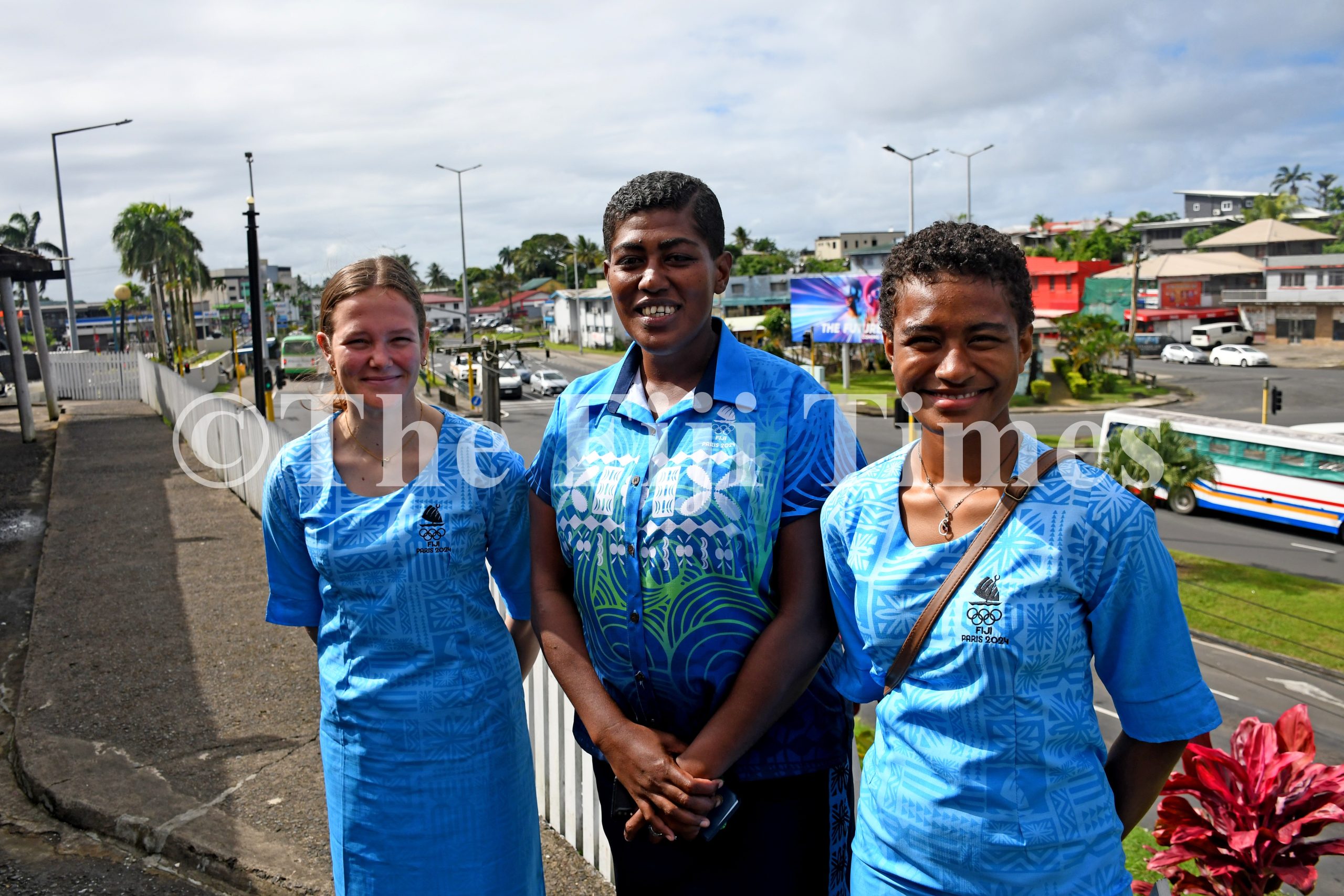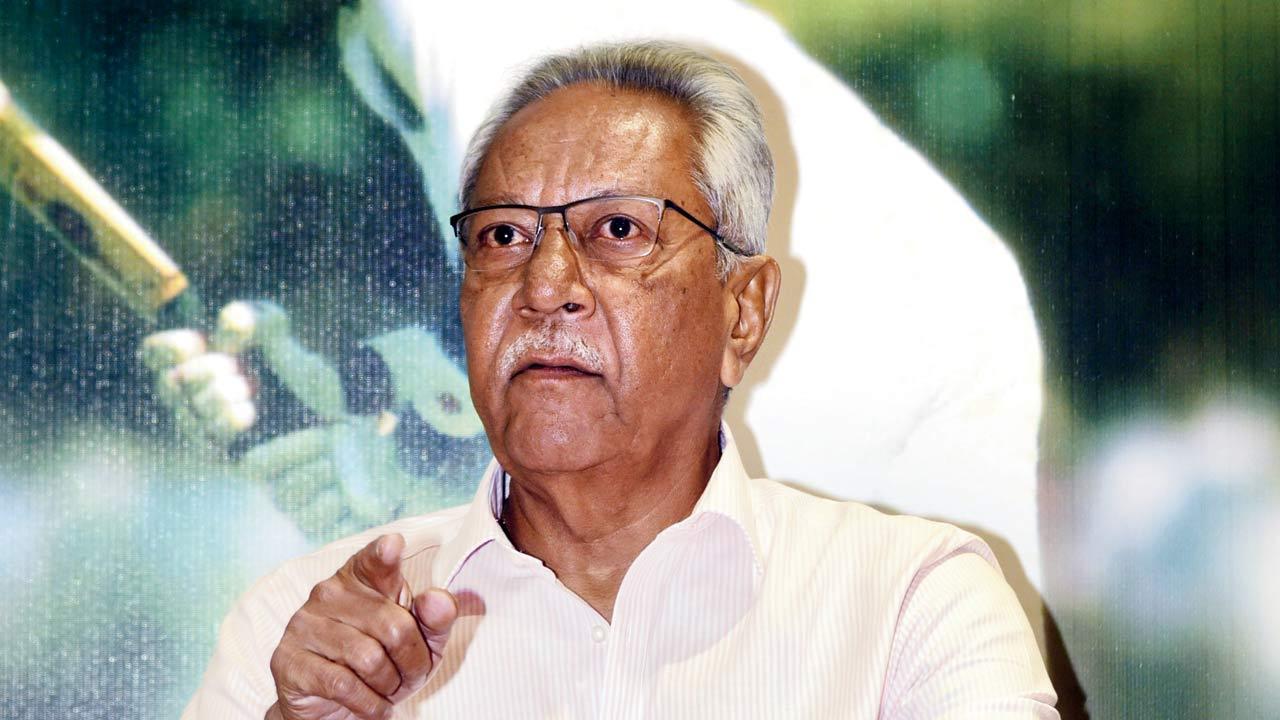
At the end of last week’s column, I described the Opposition United National Congress (UNC) after the results of its recent internal election as “the Kamla Persad-Bissessar re-embedded UNC”. In the week since that column was written, factionalism has broken out in the UNC. The governing People’s National Movement (PNM) may be tempted to take advantage of the factionalism within the UNC and to consider calling an early general election.
One indication of that temptation may be the strategic move of the PNM in the first phase of its screening process to open nominations for candidates in eight Opposition-held seats that look most vulnerable to a Persad-Bissessar turn-off-factor and possibly a split Opposition vote. Current polling information would be interesting but our media and university budgets do not cater for that. No matter how vulnerable the PNM may currently look, a poll might remind vain persons, currently looking for a spot in “alliances” against the PNM, of the saying “fool me once, shame on you, fool me twice, shame on me”.

In our national electoral life, we have twice already been let down by alliances of anti-PNM political forces. Allied opposition forces would now have a heavy burden to discharge. In 1986, subsequent to the historic election victory of the National Alliance for Reconstruction (NAR), the promise of “One Love” between the politicians of two dominant races turned out to be one of temporary seduction only.
The Ganges never met t.















